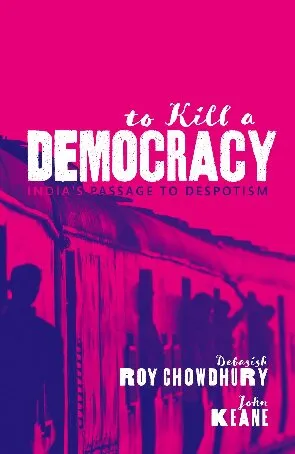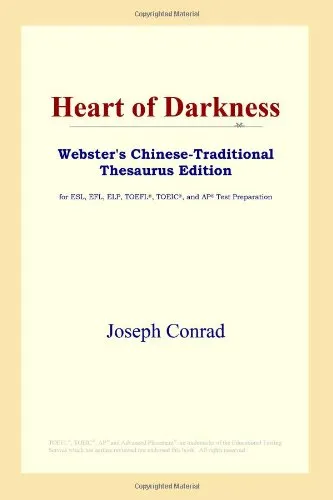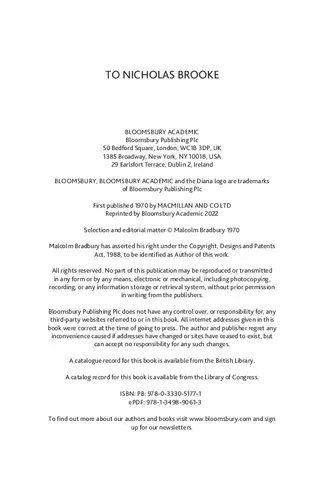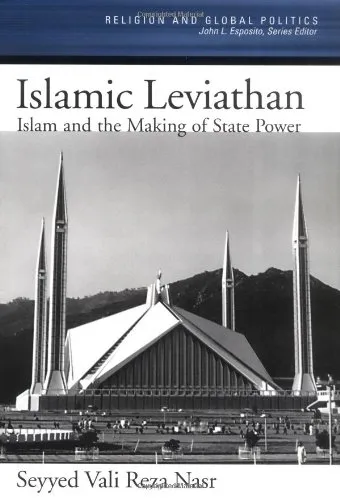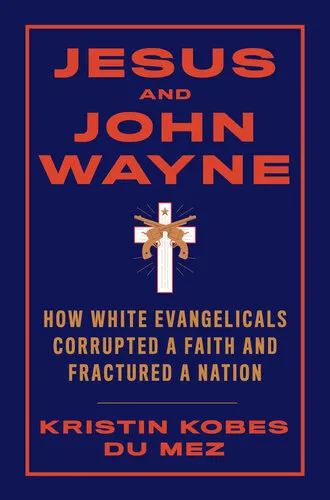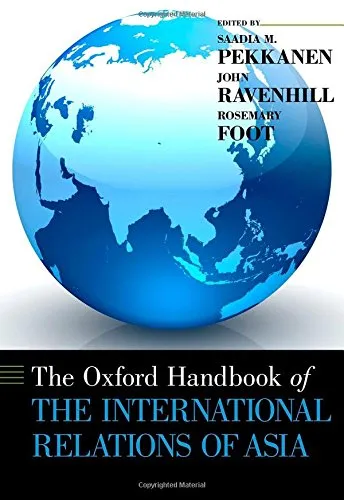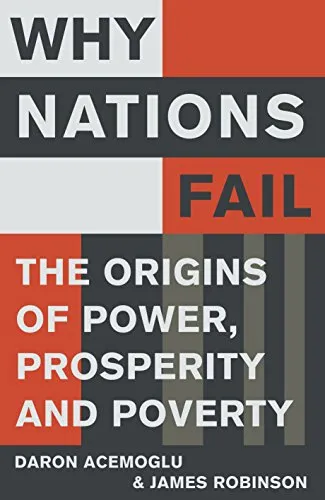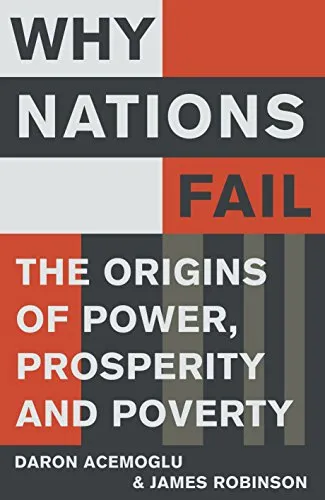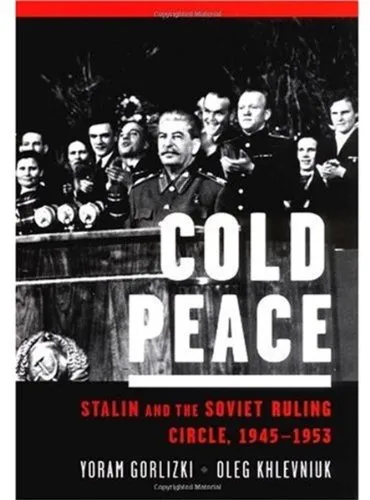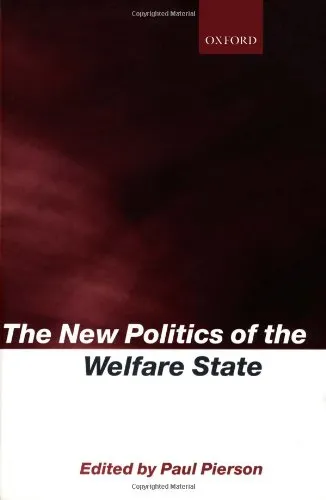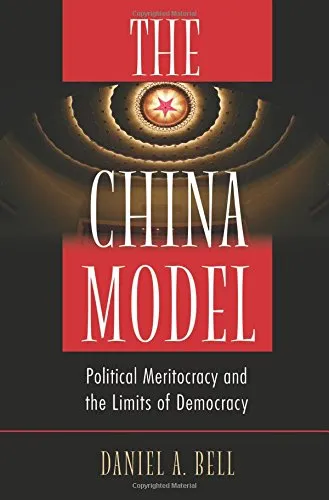To Kill A Democracy: India's Passage to Despotism
4.3
Reviews from our users

You Can Ask your questions from this book's AI after Login
Each download or ask from book AI costs 2 points. To earn more free points, please visit the Points Guide Page and complete some valuable actions.Related Refrences:
Introduction to 'To Kill A Democracy: India's Passage to Despotism'
In 'To Kill A Democracy: India's Passage to Despotism', authors Debasish Roy Chowdhury and John Keane embark on a compelling exploration of the perilous decline of democratic norms in India. This book serves as both a rigorous examination and a poignant cautionary tale, delving into the complex interplay of political, economic, and social forces that threaten to unravel the world's largest democracy.
This seminal work captures the urgency of the democratic crisis not just in India, but as an exemplar of the global challenges that democracies face. It scrutinizes the slow erosion of democratic institutions, the consolidation of power, and the creeping tide of authoritarianism, offering both a bird’s-eye view and a granular analysis of India’s democratic backsliding.
Summary of the Book
The book crafts a thorough narrative around the historical, political, and socio-economic dynamics that have shaped India's democratic journey. Chowdhury and Keane meticulously examine the weakening of institutions that were once the pillars of Indian democracy, such as the judiciary, the media, and the election commissions. By documenting these systemic failures and their causes, the authors argue that democracy in India is not killed in a swift coup, but by a series of incremental changes that pave the way for despotism.
The narrative unfolds across various terrains, from the corridors of political power in Delhi to the rural heartlands, illustrating the disconnect between the aspirations of ordinary citizens and the increasingly autocratic political elite. The book highlights how economic inequalities and social divisions are manipulated by those in power to maintain control, further endangering democratic ideals.
Key Takeaways
- The fragility of democracy: Democracy is vulnerable to slow and insidious erosion rather than outright destruction.
- Institutional decay: The degradation of institutions crucial for democratic governance can lead to autocratic rule.
- Role of media: The compromising of media independence is a significant factor in democratic backsliding.
- Economic disparity: Growing inequality serves as a tool for authoritarian regimes to consolidate power.
- Global relevance: The issues addressed are not unique to India, making the book a critical read for understanding global democratic decline.
Famous Quotes from the Book
The book is peppered with insightful observations and poignant reflections, such as:
"Democracy dies not with a bang, but with the slow and insidious crumbling of its foundations."
"The soul of a democracy resides in the vitality of its institutions, and their decay spells doom for its spirit."
"In the smoke and mirrors of power, the true casualty is often truth itself."
Why This Book Matters
'To Kill A Democracy' is an urgent wake-up call, directed not just at Indian society but at the global community grappling with similar challenges to democratic integrity. It matters because it encapsulates a universal narrative of how democracies can be weakened from within. The book underscores the necessity for vigilance, citizen engagement, and institutional resilience to safeguard democratic ideals.
As a treatise on democracy's vulnerability, the book is essential reading for anyone interested in understanding the dynamics of political power and its impact on freedom and rights. It challenges readers to reflect on the value of democracy and the collective responsibility to defend it from those who seek to degrade its principles for personal or political gain.
Free Direct Download
You Can Download this book after Login
Accessing books through legal platforms and public libraries not only supports the rights of authors and publishers but also contributes to the sustainability of reading culture. Before downloading, please take a moment to consider these options.
Find this book on other platforms:
WorldCat helps you find books in libraries worldwide.
See ratings, reviews, and discussions on Goodreads.
Find and buy rare or used books on AbeBooks.
1453
بازدید4.3
امتیاز0
نظر98%
رضایتReviews:
4.3
Based on 0 users review
Questions & Answers
Ask questions about this book or help others by answering
No questions yet. Be the first to ask!
